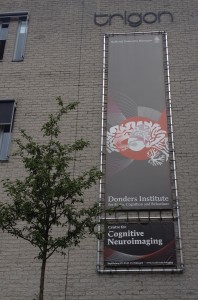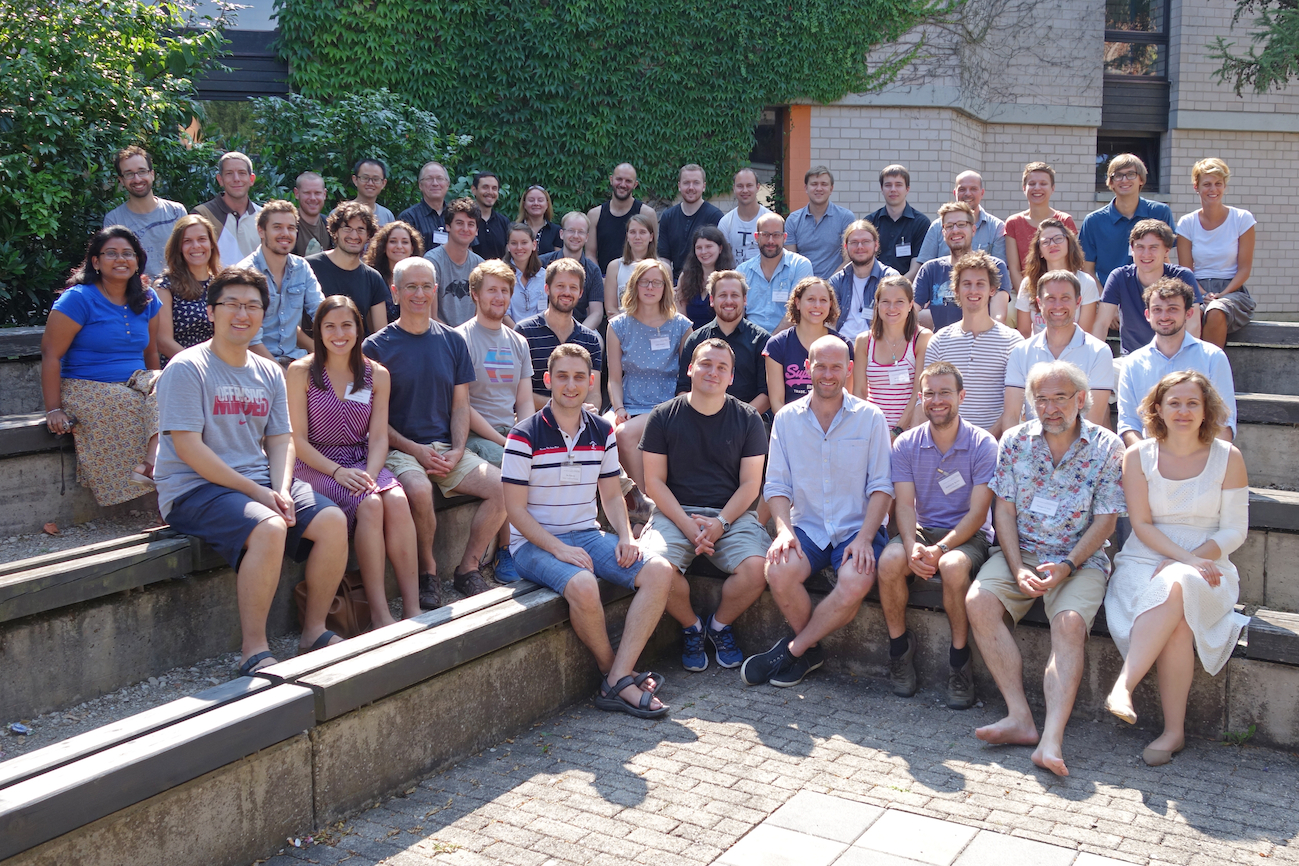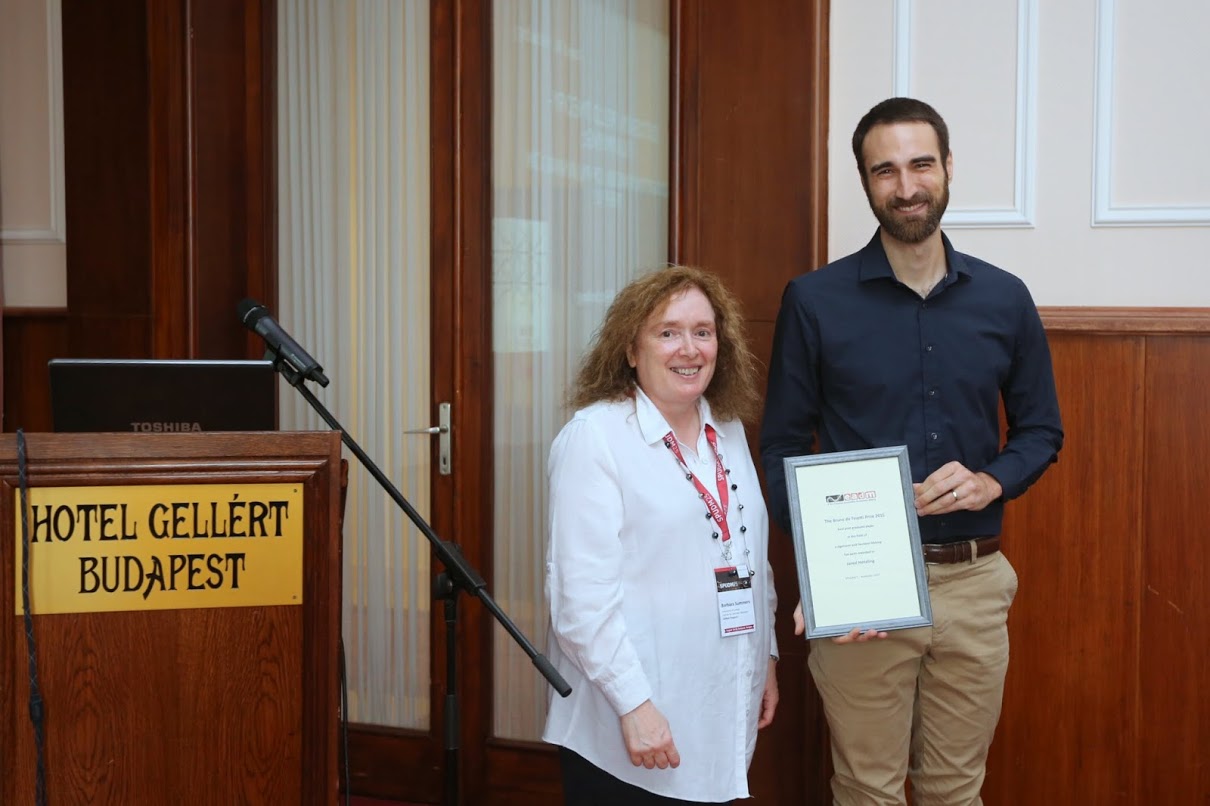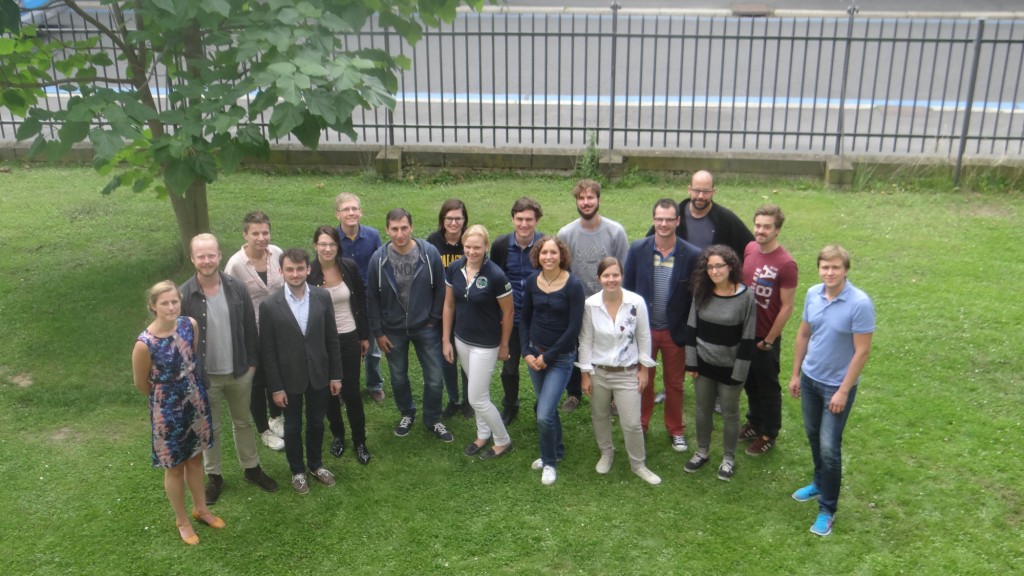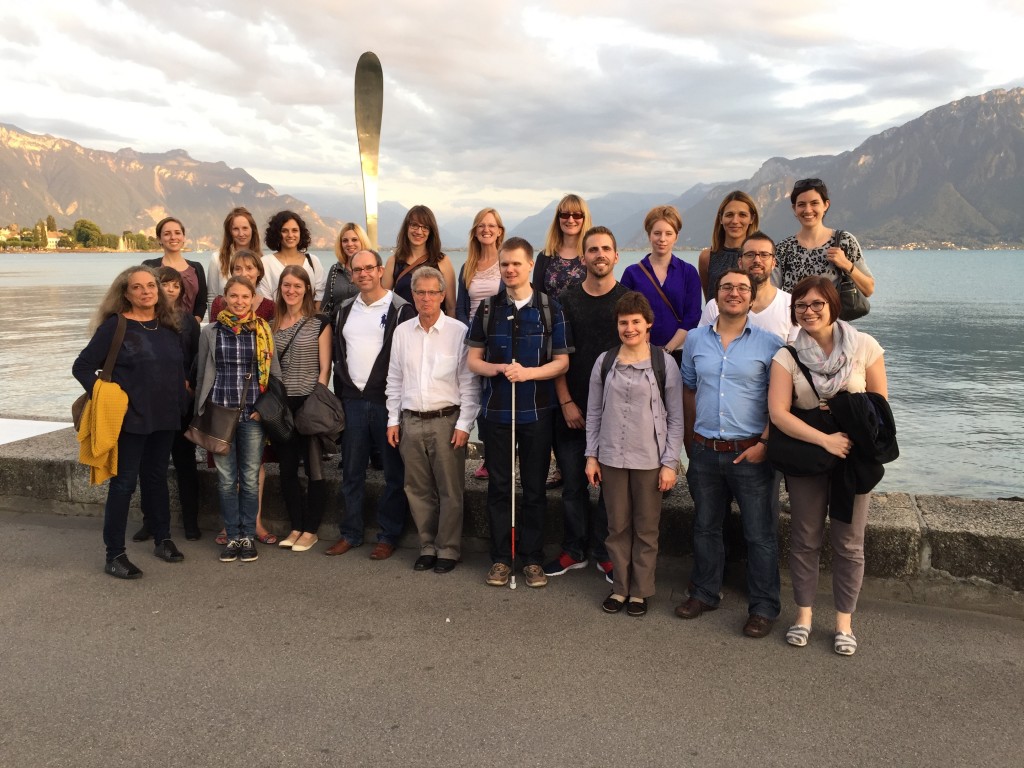Szymon Wichary, Jörg Rieskamp, and I have a new publication out on how stress affects decision making. Our results suggest that decision makers under stress limit their information search (and possibly information integration). One important question that remains to be addressed is to what extent such effects are adaptive, in other words, in which circumstances these reductions in information search and integration can lead to good decisions. Here’s the abstract of our paper:
Probabilistic Inferences Under Emotional Stress: How Arousal Affects Decision Processes
Many models of decision making neglect emotional states that could affect individuals’ cognitive processes. The present work explores the effect of emotional stress on people’s cognitive processes when making probabilistic inferences. Two contrasting hypotheses are tested against one another: the uncertainty-reduction and attention-narrowing hypotheses of how emotional stress affects decision making. In the experimental study, emotional stress was induced through the use of highly aversive pictures immediately before each decision. Emotional state was assessed by both subjective (state anxiety, arousal, and pleasantness ratings) and objective (skin conductance) measures. The results show that emotional stress impacts decision making; in particular, emotionally aroused participants seem to have focused on the most important information and selected simpler decision strategies relative to participants in a control condition. The results are in line with the attention-narrowing hypothesis and suggest that emotional stress can impact decision making through limited predecisional information search and the selection of simpler decision strategies.
